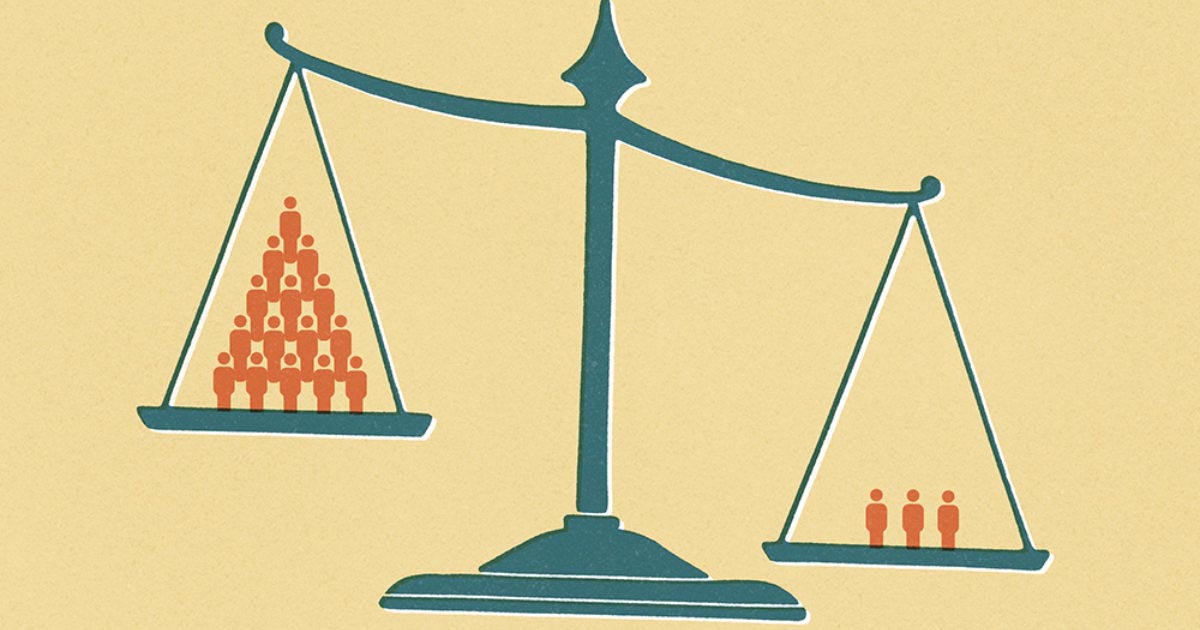It is a common myth that important elections only take place every 2 or 4 years. Local elections often take place every year, and because turnout is lower, your vote can actually make even more of a difference.
America has 19,000 cities, towns, and villages with different governmental structures. But they all elect officials to carry out 3 government functions: Executive, Legislative and Legal. The Mayor or City Manager implements the Executive functions; the City Council or Commissioners implement Legislative; and the District Attorney or City Attorney implement Legal functions.
Understanding these roles and their impact is critical if you want to influence choices that affect you and
others in your community. Here’s a brief description for each function, with their core responsibilities.
The Executive –
Mayor or City Manager
The Mayor is the elected Executive, responsible for the city’s daily operations. They appoint and dismiss key department heads, usually including the Chief of Police. Mayors are usually responsible for presenting a yearly budget to the City Council for approval, although the Council may amend it. Either the Mayor of the City Council may introduce new laws, depending on each city’s charter. Together they address issues including land use and development, housing, job programs or incentives, transportation policies, investment in parks or libraries, and how much to cooperate with the Federal government on areas like immigration policy or drug issues.
Many cities, particularly those west of the Mississippi, have non-elected City Managers who are responsible for their daily functions. They’re usually appointed by the City Council, may report to the Council or the Mayor, and their powers vary greatly. Mayors who also have City Managers have less direct power, and sometimes sit on their City Council.
The City Council
City Council members have the final vote in creating laws and approving a city budget. They may develop their own initiatives, as well as responding to the mayor’s proposals, and they approve or reject key department heads. The mayor usually has more power than an individual council member and a council super majority may be required to override a Mayor’s veto of Council approved legislation. Nevertheless, the council has ultimate say on which laws are passed. Some city charters give their Councilmembers the power to select
department heads and even direct control over city departments, or allocations of funding in areas that elect them. In these instances, the government is considered a strong Council government.
County Executive and County Commissioner
The County Executive and County Commissioners play similar roles to the Mayor and City Council, but for issues affecting an entire county. Counties have their own revenue sources; similar but not always the same as to those that cities have. For instance a county may not have a business tax but a city may have one.
Generally sales and property tax revenue are divided between the city and the county. County governments
have their own parallel budgets. County Executives and Commissioners generally set rules for broad country- wide programs, like transportation initiatives that connect multiple cities. County government also often serve areas of the country that are not incorporated into a municipal government, for instance with police and fire services.
Some municipalities combine city and county governments into one consolidated entity, having the powers of both city and a county, for instance San Francisco, California; Indianapolis, Indiana; and Philadelphia, Pennsylvania.
District Attorney/City Attorney
The District Attorney (DA) or City Attorney is the chief law enforcer for your community. They have the authority to investigate and bring issues to trial, prosecute criminal offenses (including making certain offences a lower priority for prosecution, as some have done with low-level drug offenses, like marijuana possession), and make sentencing recommendations. County governments have District Attorneys while Cities have City Attorneys. While either position may be elected or appointed, District Attorneys are more likely to be elected.
County District Attorneys also handle felonies whereas Cities are often limited to misdemeanors.
Because a DA deals with felonies they have a particularly important impact on your community including
addressing police brutality and misconduct cases. They may work to reform the criminal justice system and address inequities in sentencing, and advocate for changes to cash bail standards. City Attorneys may address these issues, but if they’re limited to misdemeanor cases, their legal impact will be less than DA’s.
School Board
The school board is the link between the classroom and the community. They decide how and what students are learning by setting policies, curriculums, and budgets for the school district. Voting for school board members affects funding for programs like arts, music, and sports, the school calendar, what time school begins and ends. They hire or fire school principals and set guidelines for teachers. Your vote for the school board directly affects the education of students in K-12 schools.
Not every city or county is holding an election this year. However, it is extremely important to know if you live in an area that is holding a municipal election in the coming weeks. These elections effect you more than the presidential elections do. You also have a better chance at making effective change in your community by participating in your local, municipal elections. Time is running out to register and to vote.
Vistit NCSBE.GOV for more info.

